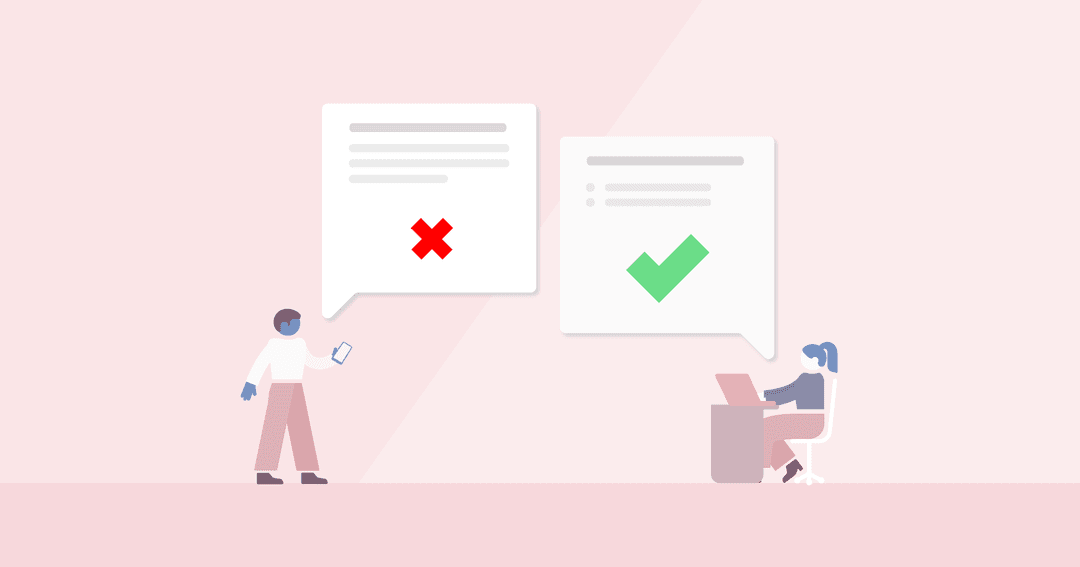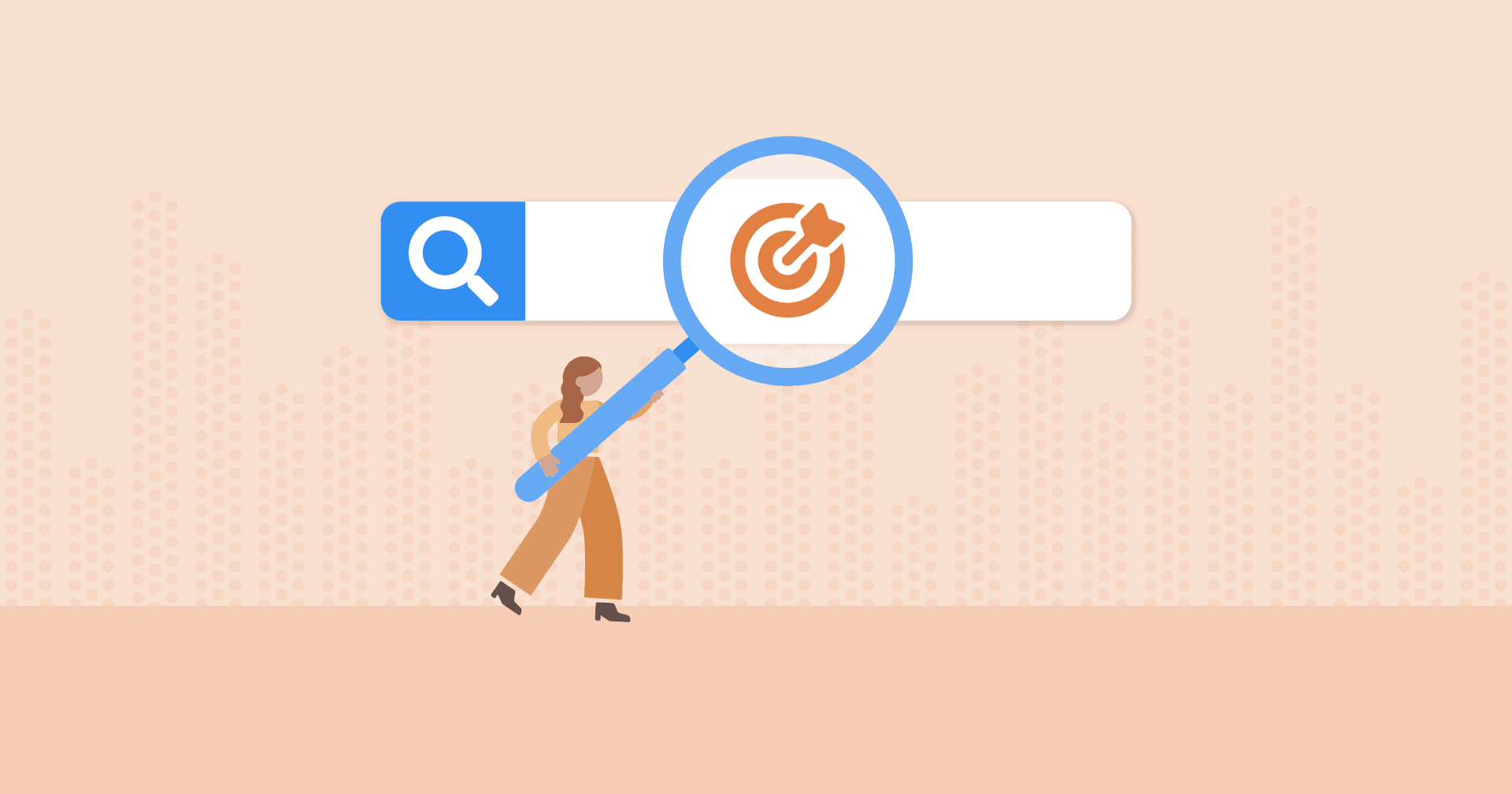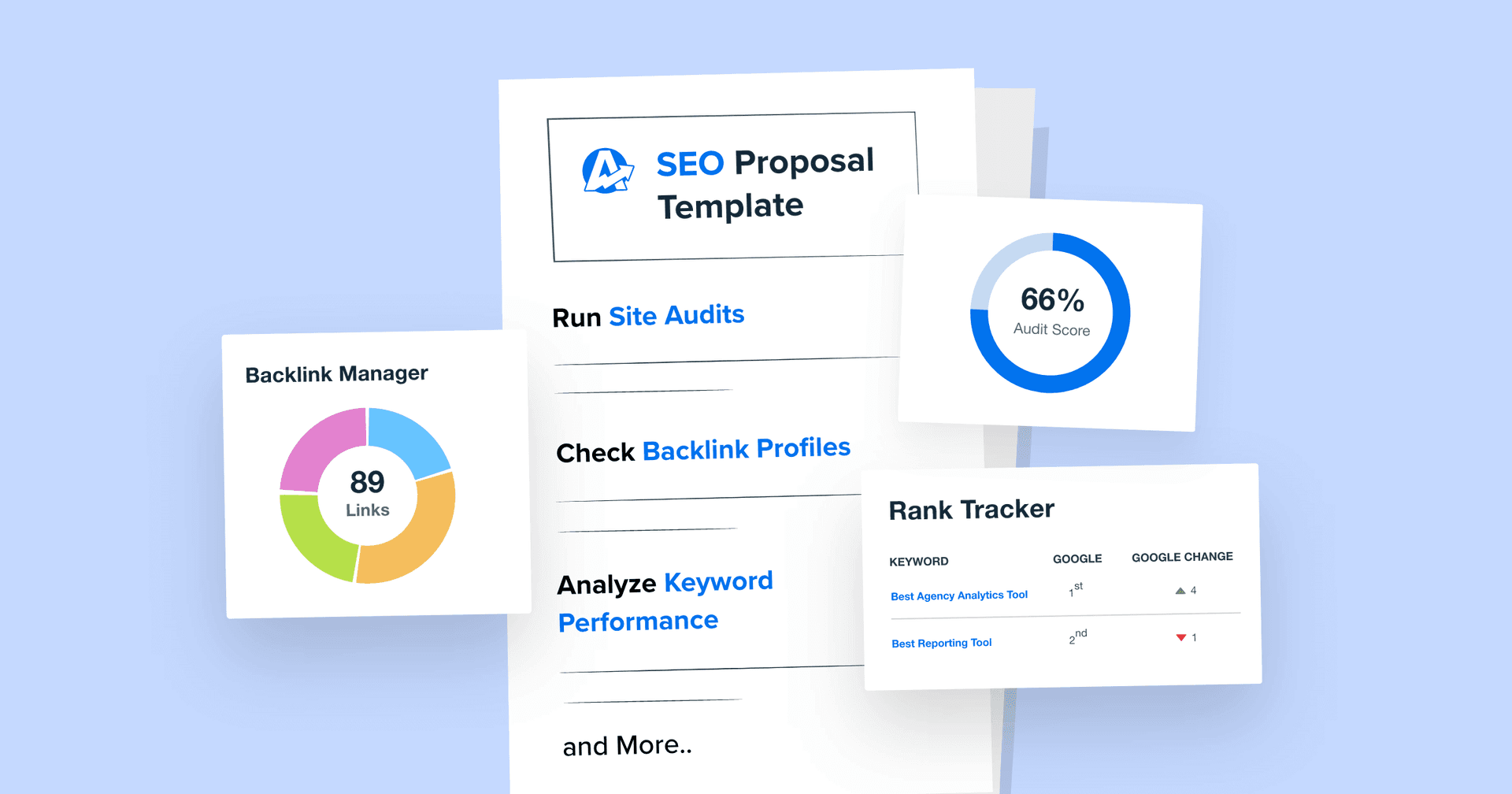Table of Contents
QUICK SUMMARY:
Marketing agency sales objections are client concerns or rebuttals during the sales process, often solvable through clarification or additional information. Unlike solid sales obstacles, these objections invite further dialogue and present opportunities for agencies to address and progress in client acquisition. This article guides agencies in effectively handling such objections, enhancing client engagement and sales success.
It’s no secret. You want to grow your digital marketing agency–and that boils down to making more sales. A key aspect of doing just that is through sales objection handling. It’s the strategic methods your sales staff use to assuage prospects’ concerns and convince them your agency is the right one to sign.
In this article, we’ll examine:
Let’s go.
Objections vs Obstructions: What Are the Differences?
Objections, Obstacles, and Obstructions… Oh my! No worries, Dorothy. You’re still in Kansas and there’s nothing to fear–just a little alliteration to help you understand the sales challenges your team will come up against.
Sales Objections–the focus of this article–are generally a matter of opinion. They are concerns or rebuttals that can be solved by answering a question or providing more info. Objections are a positive thing; they are an invitation to continue the conversation.
On the other hand, Sales Obstacles (or Sales Obstructions) are solid and likely cannot be overcome with words alone. They are frequently situational. For instance, an ongoing acquisition or a moratorium on spending until a new CFO is hired. These obstacles must be overcome, but your salesperson may have little ability to affect the outcome or timing.
While discovering a sales obstacle may indicate the need to seek greener pastures (for now), your sales rep should figure out how and when to revisit this lead at a more auspicious time.
Why Is Objection Handling Important?
One word: Scalability.
Your sales team can get some quick wins with impressive SEO Proposal Templates but nevertheless, they’ll still have to overcome sales objections. It’s just part of the job. Being well-trained in objection handling will help your sales reps:
Convert more leads
Speed up the sales process
Stop wasting time on dead-end leads
Sign the right clients who are a good fit for your agency
Stress to your sales staff that sophisticated objection handling is the be-all-end-all and it starts with identifying which objection(s) they face.
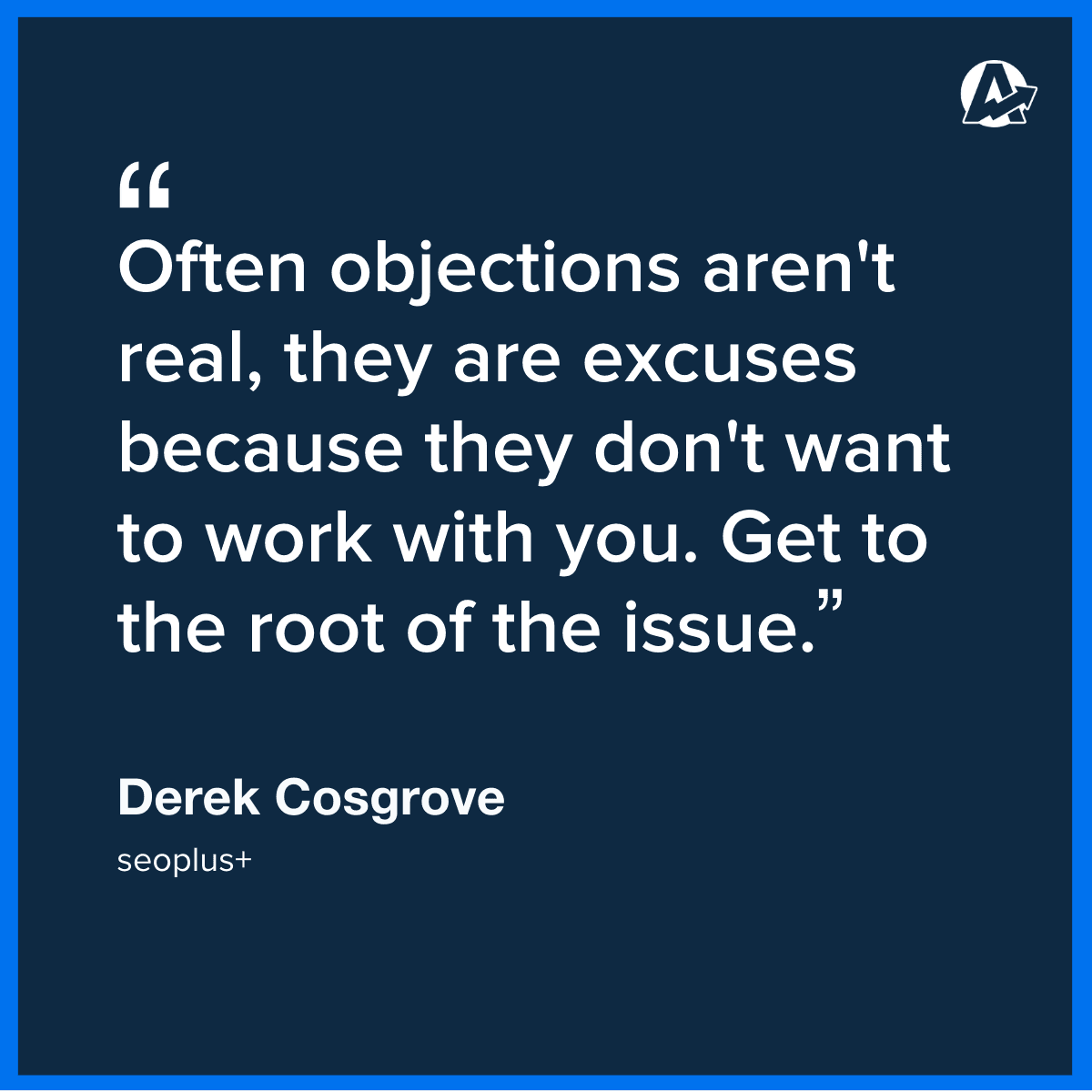
Ultimately, taking the time to determine the type of sales objection helps your agency scale. Your sales team will be more efficient when they identify the right approach for the problem at hand. (While your reps are doing that, read this blog for a list of quick ways to get more clients for your agency.)
How To Handle Sales Objections
Other than slick SEO proposals, the key to streamlining the sales cycle and scaling your agency is to have simple, repeatable processes. As marketing agency advisor Jason Swenk writes, “I firmly believe there are no bad agency clients; only bad prospects or a bad process.”
Jens Rhoades, CEO at Floodlight SEO has a similar viewpoint: “The most important thing, I think, is to acknowledge that not every objection is something to overcome. Not all sales should happen.” So let’s make sure you have a great process to funnel in the right prospects and weed out the wrong ones.
There’s no need to reinvent the wheel. We suggest Carew International’s LAER Bonding process, summarized here.
Listen attentively and without judgment to gather information
Acknowledge their concerns with empathy and supportiveness to demonstrate a genuine interest in their needs
Explore without interrogating the lead to uncover underlying needs or obstacles
Respond with thoughtful, appropriate next steps that address the objection(s)
Agency Tip: Create an “objection handling playbook” where you identify your agency’s most frequent objections and the best tactics to overcome them. Your regular sales team meetings or post-mortem calls are a great place to mine this info.
Need more ways to get clients? Read this. 9 Proven Strategies to Get More Agency Clients
Understand and Respond To Common Sales Objections
“It’s not you; it’s me.” Probably the most infuriating line one can hear in any sort of relationship–it’s vague, it’s unhelpful, and it’s trying to put an end to further conversation.
Most objections come down to a lack of clarity. Train your sales staff not to let a prospect break up with your agency until they have a clear idea of why.
People don't move forward into uncertainty. So dig a bit deeper and find out what they're not clear about. Beyond that, objections are usually about fear. Make sure your offer moves the risk from them to you as much as you can. That's really all you can do.
- Jens Rhoades, CEO at Floodlight SEO
11 Reasons Your Sales Leads Are Objecting
Let’s explore some common types of sales objections with examples of what your sales reps may hear and some quick, easy comebacks to act as a starting point for your staff.
1. Lack of Need
This prospect may doubt an agency’s ability to provide value to them. They do not perceive a problem, so they do not think they need your solution (or any solution)! They may suggest that marketing–or the specific type of marketing your agency provides–is not necessary for their industry or for their business as it stands today. Leads may say things like, “we’ve got a full enough pipeline without much marketing.” or “We’re too small; we don’t need an agency.”
Telltale signs:
Mentions the hassle of implementation or set up; the lift to get started seems heavy and pointless because they don’t see a problem
Minimizes (or doesn’t understand) the role marketing could play in their greater success
Describes confidence in their existing workarounds and solutions, even if they are objectively behind their competitors
They say: “I like you, but we’re not ready to work with a marketing agency right now.”
You answer: “Do you mind me asking: what percentage of your funnel is driven by marketing? For a business of your size in this industry, we could drive X% more leads your way.”
Key Takeaway: Overcome this sales objection by opening your prospect’s eyes to the potential.
Help them understand your value and visualize the effects on their business overall. You’ll need a deep understanding of their process, industry, and business model to uncover the hidden pain points and demonstrate how your solution solves them.
Your discovery (initial conversations) playbook should uncover your prospect’s challenges and understand their goals. This allows you to position your marketing services as a solution to their pain points and as the catalyst to achieve their goals.
Agency Tip: An effective way to demonstrate potential is to conduct a SWOT (Strengths Weaknesses Opportunities Threats) analysis that compares your prospective client to their competitors.
2. Lack of Urgency
This lead is lukewarm at best. The prospect is slow to respond to emails or pick up calls. They may indicate that they have higher priorities at the moment or talk vaguely about “getting better at marketing” in an unspecified future.
Telltale signs:
Derails the conversation to talk about more pressing concerns
Expresses that the status quo is “working for them now”
Agrees about a future need for marketing, but the timeline is hazy
They say: “We’re focused on X and marketing isn’t a priority right now.”
You answer: “I understand. You’ve got competing priorities, and it seems like marketing can wait. But your biggest competitor isn’t waiting. They published 20 YouTube videos last quarter and are ranking high in organic Google searches–but you still have the opportunity to outrank them.”
Key Takeaway: Sell them on the short-term wins you can honestly achieve.
A lot of sales resources will tell you to focus on their pain points and the long-term benefits of your solution. We suggest the opposite.
Lack of urgency means the prospect is already thinking in the long term. Fan the flames by showing them how quickly they could see ROI. You could also point out the challenges they would have in achieving their short-term and long-term goals in the absence of your marketing services. Emphasize the opportunity loss to create a sense of urgency.
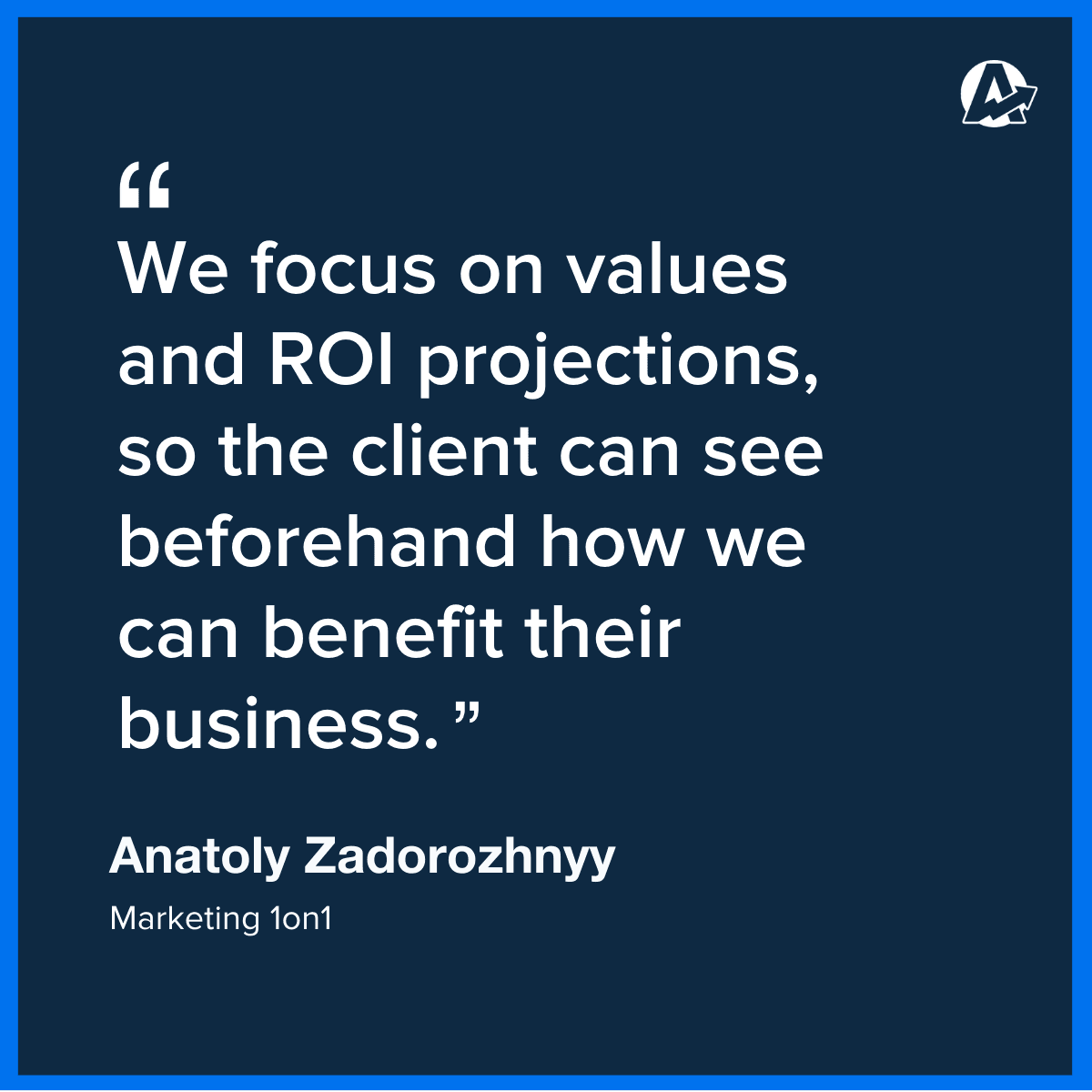
3. Lack of Trust
While this may seem like one of the most intimidating sales objections, teach your sales staff to see it as an opportunity to change the prospective customer’s mind about marketing (or marketing agencies). They can do this by being clear and specific about your USP (Unique Selling Proposition) and differentiating your agency from the herd. This is Sales 101.
Telltale signs:
Reveals there is little to no investment in marketing; or worse, that there was investment in marketing and it has been revoked
Insists on getting a list of your references or referrals early on
Badmouths previous agency or hints that they have been dissatisfied with prior marketing efforts
Lack of trust also presents itself as unreasonable expectations, with the client often fixated on arbitrary targets or timelines.
It seems like everyone nowadays is an SEO expert. About 30% of our inbound leads start with, ‘I've been with X company for the past X months and don't see any results.’
- Anatoly Zadorozhnyy, CEO of Marketing 1on1
They say: “We've been burned, and we don’t trust marketing agencies anymore. No offense.”
You answer: “It can be challenging to find the right fit. We have similar clients who have been with us for years. Here’s why I genuinely think we could help you with…”
Here are three rebuttals from Jyles Sosa at Fu Dog Media:
We're not in the business of costing you money. We are in the business of making you money. It doesn't matter if another company charges half of what we do if they don't deliver you the same results. It's all about ROI. We're going to work hard to get you the results that your company needs, and we're confident that this investment will quickly pay for itself.
We're going to work hard to get you the results that your company needs, and we're confident that this investment will quickly pay for itself.
I'm sorry for your prior experiences. Unfortunately, there are some bad companies out there, but you're finally in contact with a great company and we're going to help right the ship.
Key Takeaway: Genuine expertise and clear communication are the best ways to earn trust.
Empathize with your lead but don’t disparage others. Turn the conversation to the ways your marketing agency is differentiated from the other guys, with emphasis on transparency and accountability.
Anecdotal successes and supporting collateral (of your clients from similar industries) go a long way in assuring the prospect that you have the social proof to back up your bid for trust.
Agency Tip: Be patient with this client. Even after you’ve gained that initial trust and inked the deal, continue in this mindset of nurturing more trust by being candid and open.
“It takes time to earn clients' trust,” says Cory Highfield at Easy on Net, adding, “we get them on board and start tracking stats so we have something to work with.”
4. Price Objection
At first glance, this lead seems keen. Then the numbers conversation starts. There are a few different price objections that fall under lack of budget–and each requires a different approach. Being told that your competitors are cheaper or that your services are too expensive are two different animals.
If they don't have budget, or are very concerned about pricing then that's a red flag. Not that we can't help them, but if they're going to be a panicky mess until our SEO kicks in then it's not worth it. Too much anxiety.
- Jens Rhoades, CEO at Floodlight SEO
A genuine absence of funds can be tricky to identify, particularly if the lead isn’t forthright about this reality.
Telltale signs:
Asks for pricing early on (or repeatedly) or perhaps has detailed questions about scaling back or cherry-picking products or services
Tells you that they’ve received quotes from other agencies who can “do it cheaper”
Refers to a vague future when they will suddenly be ready to invest in marketing
Agency Tip: Be wary of other objections masquerading as a lack of budget. Many people give the “we don’t have the money” answer as an inoffensive, non-specific way to blow off the meeting when the real objection is something else. You’ve probably done this yourself. It’s everyone’s go-to reply to stop the conversation without seeming rude.
They say: “We’ve used up all of our marketing spend. Plus, you’re expensive.”
Before you think about how to overcome this objection, do yourself and your prospect the favor of thinking about IF you should overcome it at all. Some objections are valid and worth honoring. You aren't good because you make sales. You're good because you make the sales that should be made.
- Jens Rhoades, CEO at Floodlight SEO
You answer: “We offer flexible billing options–or we could start with a scaled back version of these services to show you what we can do to help your business grow. When are your budget meetings? Is there any information I can send you to more clearly demonstrate the ROI we can generate for you?”
If a client’s budget is just a few hundred dollars per month, in most cases, it is simply not enough to deliver meaningful results or compete in their niche:
We handle these issues by educating the customer on why their current budget is too low for their industry and why they are currently not getting any results due to budget constraints. If the client doesn't have enough budget, we simply don't bring them on. The last thing we want is to have a conversation with a client six months down the road asking why they do not see results.
- Anatoly Zadorozhnyy, CEO of Marketing 1on1
Here are some tips from Derek Cosgrove, Sr. Account manager at SEOPlus+ on getting to the root of the issue and finding a fair solution:
If someone says our services cost too much, or they don't have the budget:
I'll ask what they mean by that. It's either they don't have the budget or, compared to a competitor, they perceive it as high. I will outline what we do and the expected outcome and ask them what a "fair" price is. Using the word fair is important because they will usually give a fair price (not the first price that comes to mind). It's also important to outline everything we are doing and what they can expect (the outcome).
If the issue is they saw what a competitor is offering and it's lower:
I can probably beat their price if it's a comparable service. Can you share the proposal, and I'll try to match it?
"Often the competitor's service is missing deliverables–not an apples-to-apples comparison," Cosgrove adds. "If you've done a good job in the sales process and they want to work with you, this should help."
Key Takeaway: Budget may be in question, but the value you provide should not.
Even if the prospect legitimately doesn’t have the money now, leave them chomping at the bit to earmark their next available dollars for you. Do this with clear takeaways on the pain points you solve and why you’re worth the price.
One way to show this value is to provide tangible examples of the quality of your agency, such as case studies. Or, consider offering them a special pricing package or discount.
Agency Tip: Create reminders to circle back with leads when they are planning their budgets, not when the fiscal year has reset. Everybody and their dog will be knocking on their door come the new fiscal year. Get out in front of the crowd by re-engaging early.
But you don’t always need to be in a rush to cut your prices. In fact, pricing is strongly connected to trust. Derek Cosgrove, Sr. Account manager at SEOPlus+ recalled how a prospect objected by saying their price was too low:
In the early days of the agency, we would lose deals to great prospects because our prices were too low. Good companies pay for quality and price is often the best indicator of quality.
5. Lack of Authority
Salespeople get most frustrated by tire kickers–and those with a lack of authority can be the biggest tire kickers of all. This is best resolved by finding a way to talk to the right person–because this person isn’t it. They may be your biggest fan; they may be ready to sign on the dotted line. But it’s all hot air if they aren’t the decision-maker.
Telltale signs:
Takes the meeting but is wishy-washy about the next steps
Acts as a gatekeeper between you and the real decision-makers
Expresses that you would have to meet again at some unspecified date with the “right people” in the room
They say: “I’d love to hire your agency but that’s above my paygrade.”
You answer: “It’s good to know that you can see the value we offer. Who is the decision-maker? Can you put me in touch with them?”
Key Takeaway: Ultimately, you need to talk with the people who can sign off on the deal.
Nevertheless, it can be invaluable to have the buy-in of one (or more) evangelists, particularly if they are influential and have the ear of the decision-maker.
So make them your #1 fan, provide them with evidence they can take to the C-Suite, and make sure they give you access to the Final Boss. Send them additional collateral to help them secure buy-in and access for you with the decision-makers.
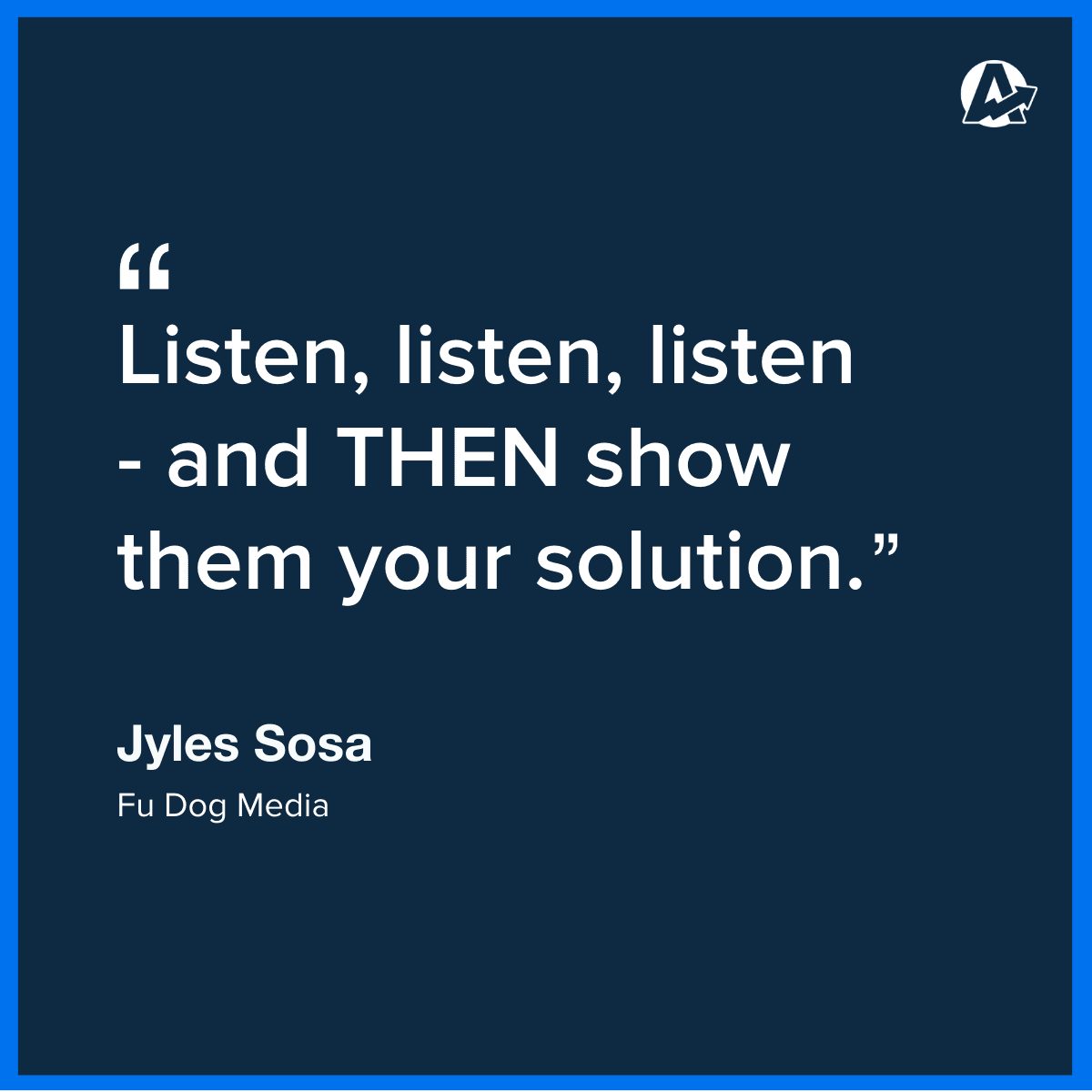
6. Product Objection
A product objection is the client’s perception that what you offer isn’t what they need or that it is inferior to others. It often manifests with comparisons to other agencies or haggling over specific services. The main point of contact may feel strongly that they know what they need and be difficult to persuade otherwise.
Telltale signs:
Returns repeatedly to perks, services, or features of competitors
Asks repeatedly how your services can be reshaped to suit their needs
Complains that your solutions seem complicated, ineffective, or time-consuming
They say: “You don't do the marketing services I want and this other agency does.”
You answer: “I’m glad you brought this up. We’ve refined our offerings based on the latest marketing best practices and our results: what we know provides the highest and fastest ROI to our clients. There’s a reason we don’t do X.”
The key is to know what the competition offers (good and bad) and touch on the points that you offer that they won't like about what the others do. (e.g. I always bring up the fact that we don't lock customers into a contract, and they can cancel anytime. Many competitors have a three, six, or 12-month commitment).
- Greg Schueler, Owner at Say So Marketing
Key Takeaway: Train your sales staff to listen actively and with empathy.
Think twice about brushing off the lead’s concerns, particularly if it is about service levels, deliverables, etc.
Telling a prospect what they do and do not need can sour the relationship–or worse, it can make the sale, but lead to difficult, dissatisfied clients later. Look for ways to align your requirements with the customer’s goals so that you can create a win-win situation.
Here’s what Jyles Sosa from Fu Dog Media offered up about contract length, a common way product objections manifest with marketing agencies:
While most companies will lock you into 12 or 24 months, we only require a minimum of six months. We do this because we believe in our work. I know that we'll be able to achieve plenty of positive progress within that time frame, and at the end of six months, you'll be able to make an informed decision. After seeing the success we've had, you'll want to stick with us by choice, not because you're locked into an uncomfortable contract.
7. Source Objection
A source objection means that your lead objects to you: there is a dislike of your company or your salesperson. Ideally, this can be overcome, but if it cannot, your marketing agency has the opportunity to determine if this perception is localized to this one person or if this is a generalized problem with your reputation. Then, you can work proactively to fix it.
Telltale signs:
Questions credentials and experience
Inquires heavily about the company’s financial health, years in the business, client churn, etc.
Brings up bad reviews or unflattering word-of-mouth
They say: “I have doubts about your ability to achieve results. Give me a list of 10 references.”
You answer: “Thank you for your honesty. I know we can achieve what we say we can. Have you seen our newest testimonial video? Several of our featured customers had the exact same pain points we were talking about.”
One of the best things a marketing agency can do for its salespeople is to collect client feedback in the form of testimonials, reviews, and ratings and package these up so that sales staff have a plethora of options at their disposal to demonstrate trustworthiness.
We've built a solid reputation in our 12+ years of business and that can be seen through 100s of five-star reviews across the web.
- Jyles Sosa, Ambassador of Web Domination at Fu Dog Media
Key Takeaway: Preparedness–often in the form of well-timed, quality content–is the key to combating questions about your reputation or experience.
Work ahead of this objection by asking some of your favorite customers if they would be willing to act as a reference for your agency.
Have this list organized by industry and specialization, ideally with a few key bullet points of results that your customers can vouch for. Pick two to three relevant references to hand out, but before you do, make sure to call your references personally to let them know who may get in touch with them and why.
8. Contentedness Objection
Closely related to the lack of need, the contentedness objection is that of being happy with their existing solutions or workarounds. They may already have a signed contract with another vendor; they may have an employee who handles marketing activities. Unlike the lack of need, this lead recognizes the importance of marketing but does not believe they need your agency to succeed.
Telltale signs:
Expresses satisfaction with current results
Explains they’re locked into a contract and see no reason to change that
Doubts that your agency would be any better than what they’re currently doing
They say: “Sorry… We’re satisfied with the way we currently do marketing.”
You answer: “You’re just satisfied? I want you to be ecstatic. How are your current marketing efforts succeeding in X or Y? I think that could be a real game-changer for you.”
Key Takeaway: If you can, identify weaknesses in the prospect’s existing marketing efforts and relate them back to your USP.
Too many leads giving you the contentedness objection? Learn how to generate more new leads with AgencyAnalytics’ Lead Generation Report Templates.
Agency Tip: If you’re positioning your SEO services against their current provider, run an SEO site checkup so that you can highlight the key technical SEO issues your agency can fix. What clients don’t know can end up hurting them.
9. Time-related Objection
Much like the White Rabbit racing around Wonderland, this lead is frazzled, forgetful, and perpetually in a rush. It may be a bad time of year; it may be that this person is doing the jobs of three people and will never be less busy. (Or, this might be a ploy and the real objection might be something else.)
Telltale signs:
Reschedules meetings frequently
Asks you to send information “later”, when they will “have more time” to look it over
Expresses that key individuals wouldn’t be able to devote the time to evaluate your offer, nor for discovery/implementation
They say: “We’re too busy right now. Can you check in later?”
You answer: “I get it. It’s a crazy time of year. What if we schedule a check-in for Tuesday the 4th? Or, when will you have more wiggle room to evaluate marketing solutions?”
Key Takeaway: This is where the most effective salespeople refine their “BS-o-meter” and sniff out who is actually busy versus who’s politely saying “no”.
To that end, don’t leave with an unclear answer about when to check in. The genuinely interested prospect will be glad if you propose a specific date/time. Someone who is just kicking the rejection can down the road will be cagey–because it isn’t really about time at all.
10. Aggressive Objection
We hope it’s rare that your salespeople encounter aggressive objections. However, everyone is bound to experience at least a couple in their career. With aggressive objections, the lead is actively against you or your organization.
Unlike other objections that can be overcome with reason, information, or transparency, this individual’s toxic demeanor may jeopardize the whole deal. Your sales rep might be better off finding a different point of contact, but proceed with caution; this is likely a sign that the client would be difficult to work with.
Telltale signs:
Demands to know where the salesperson got their contact info
Hangs up, interrupts, or curses
Shows strong contempt or hostility for your agency, the salesperson or marketing agencies in general
They say: “I’ve seen your website, and it’s absolute garbage. My 12-year-old son could do better! You guys are not the right fit for us.”
You answer: “I’m sorry you feel that way. We’ve been achieving great things with clients in your space for eight years. I hope to have the opportunity in the future to prove to you the value of what we do.”
The weirdest ones are the ones that go something like this: "My friend used to work at Google and he said he could do it for $99/month." We usually just tell them to sign up with their friend.
- Anatoly Zadorozhnyy, CEO of Marketing 1on1
Key Takeaway: Keep it light and professional, and don’t take it personally.
Try to end the conversation on a positive note and find another point of contact at the company.
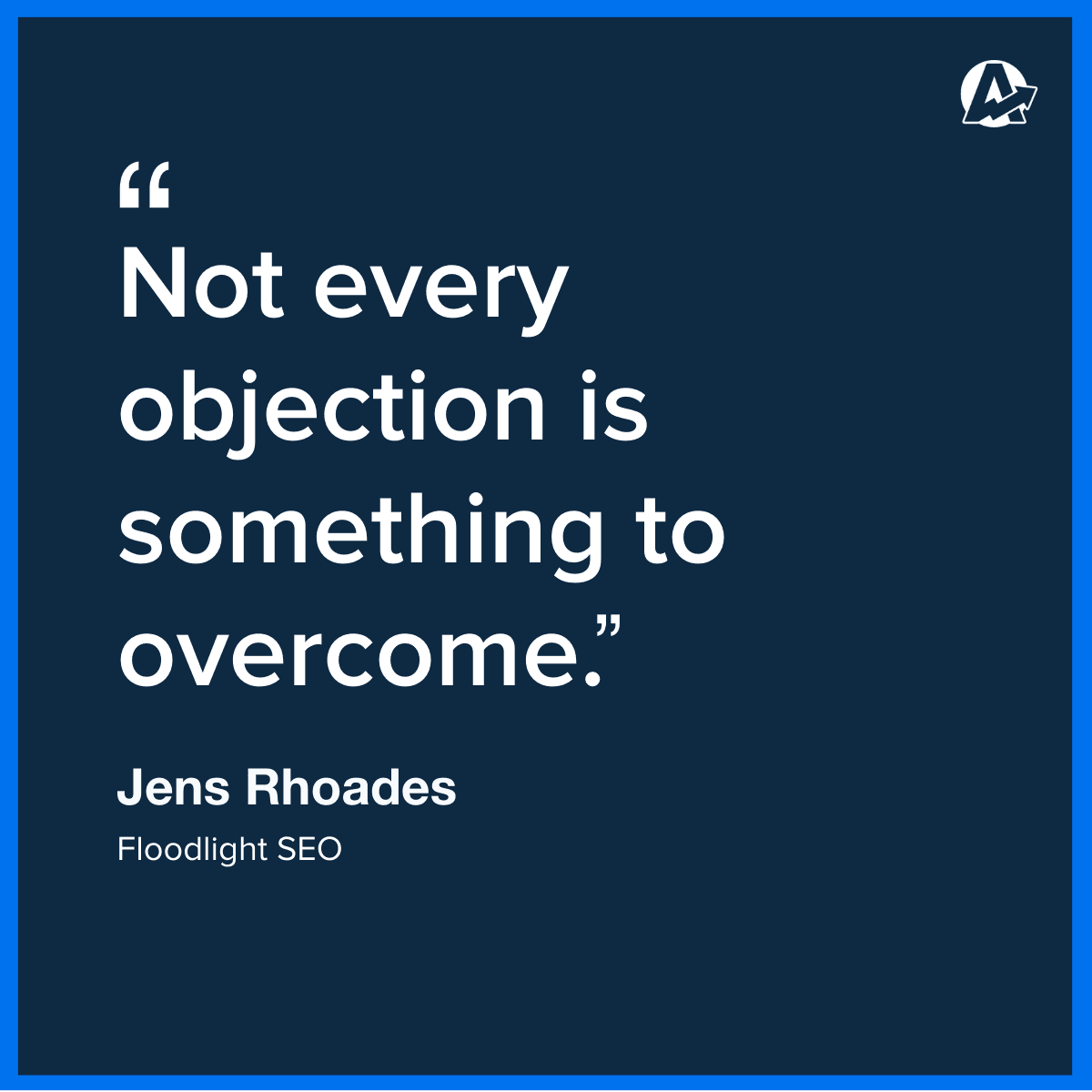
11. Bat Sh*& Crazy Sales Objections
This is typically a big, bright, red flag that you–and your agency–should run as far away as fast as possible. The prospect will come up with the most random and weird reason why they don’t want to work with your agency, and–let’s be honest–you can’t argue with crazy.
Telltale signs:
Has concerns or complaints that are not based on reality
Surprises you with questions that come out of the left field, and you might think they are joking (hopefully, they are)
Plays hot and cold; Seemingly wants to work with you, but something unrelated to your agency is holding them back
They say: “My ex-husband’s name was Chris, so I refuse to work with anyone named Chris in the future. Is there anyone on your team named Chris?”
You answer: “I’ll pull together a staff list and get back to you.”
I was driving away from the sales meeting with a signed agreement and check in hand. Halfway back to my office, I got a call from a weeping new client. She said that Jesus told her this was a mistake and that she wanted to back out. I considered telling her, "That's strange...he just told me it was a fantastic idea." but instead opted for just tearing up the check and wishing her luck and happiness in the future.
- Jens Rhoades, CEO, Floodlight SEO
Key Takeaway: There’s only so much your sales team can do, and sometimes it’s to be a gatekeeper for your team.
There’s no need to vilify this client. Perhaps it was a silly joke, or maybe they were having a very, very bad day. Empathize and part ways cordially–consider it an act of protecting your team’s time and morale from potentially toxic clients.
Overcoming Objections So You Can Scale Your Agency
Overcoming sales objections is one of the most worthwhile skills your sales team can hone. It’s not just a matter of having the perfect elevator pitch or jaw-dropping proposal templates (though those are always good to have). With a strategic mindset and a simple yet effective process, your sales staff can accurately identify the type of objection and respond appropriately. A good sales team will constantly collect those objections and discuss them together so that the team has built-in mechanisms to transfer knowledge and leverage winning tactics.
With this, your sales team is better prepared to anticipate common objections and create efficiencies in your sales process. In the end, you win more of the right clients, which is the best way to boost satisfaction and referrals and ultimately scale your marketing agency.
Empower your sales team to handle sales objections with SEO Proposal Templates.
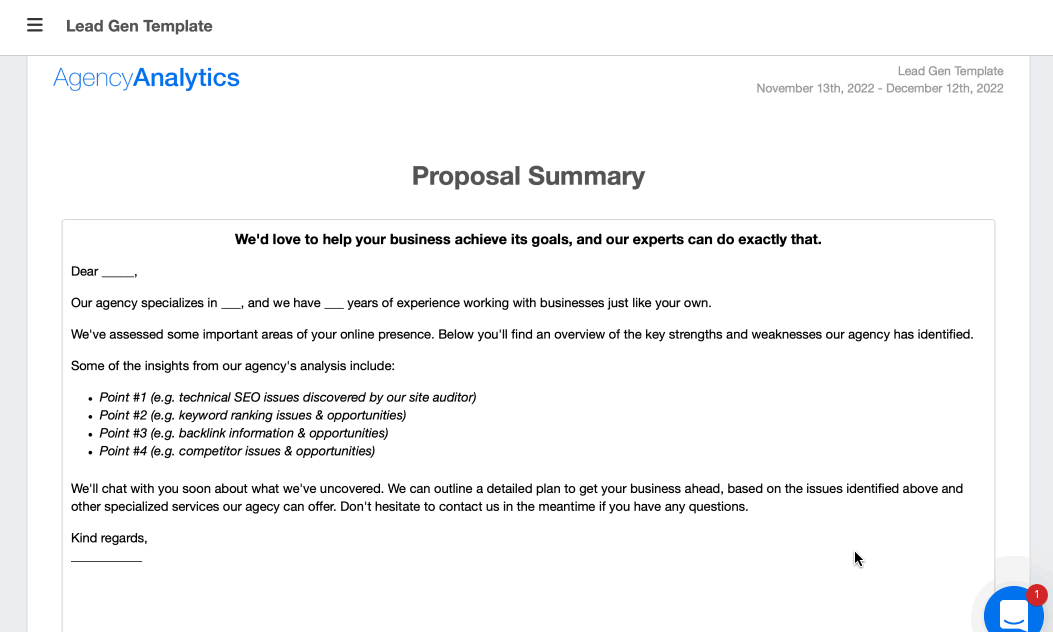
Try AgencyAnalytics free for 14 days to create game-changing, customized proposals in minutes.

Written by
Elyse Gagné develops branding and content strategies that unite businesses with their customers. A podcast junkie, you'll find her learning about the latest technologies and brand storytelling techniques while she gardens or hikes.
Read more posts by Elyse GagnéSee how 7,000+ marketing agencies help clients win
Free 14-day trial. No credit card required.



